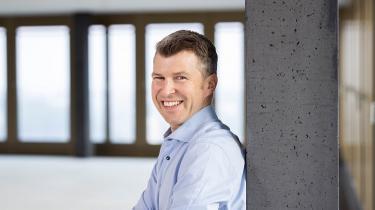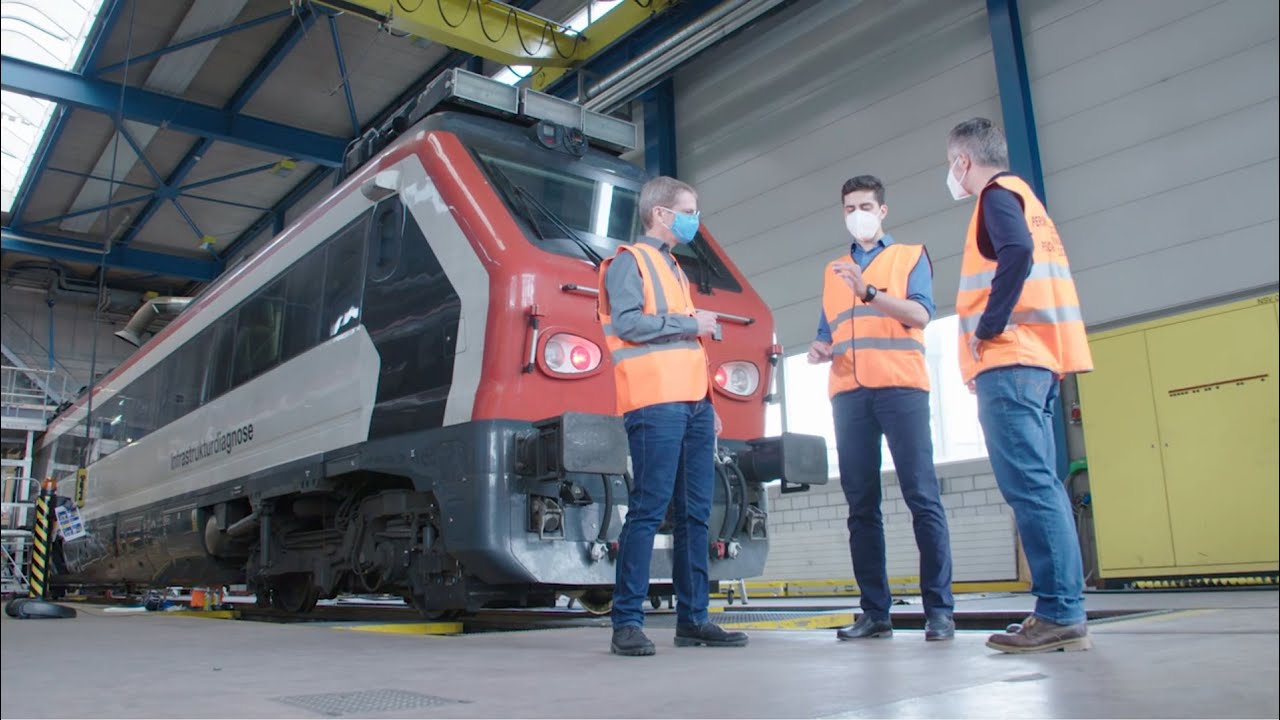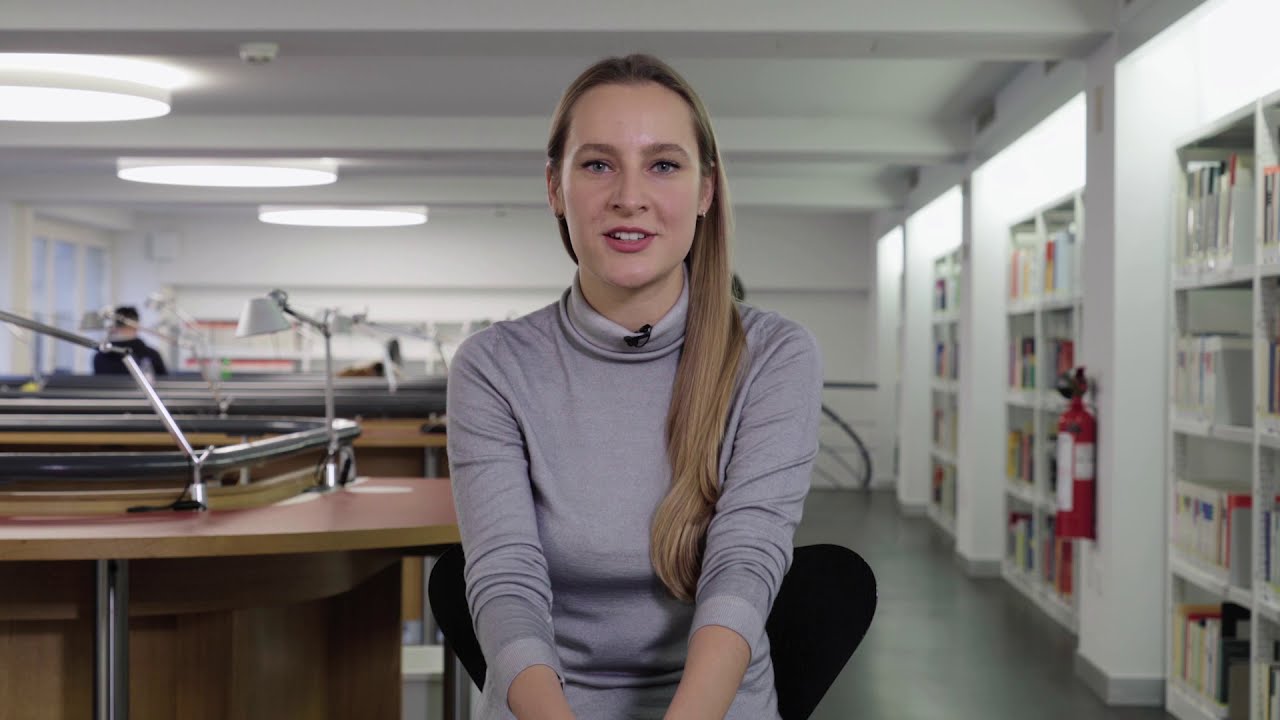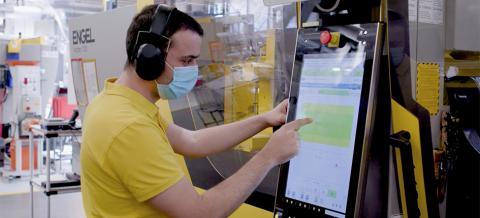
AI is the next wave of digitization that could fundamentally change the economy and society – we have already been using computers for complex tasks for a long time. This trend has been promoted in the Greater Zurich Area for several years, earning it an international reputation as hotspot for artificial intelligence. Renowned institutes have already been conducting AI research for years, such as the Dalle Molle Institute for Artificial Intelligence (IDSIA) in Lugano founded in 1988. The Swiss Federal Institute of Technology Zurich (ETH) has made AI a focus topic over recent decades.
Since fall 2020, the ETH AI Center based in the Greater Zurich Area has also systematically placed organizational responsibility in AI research in the limelight, and in an innovative approach, it has closely linked research into the fundamentals of artificial intelligence with its applications. On the basis of this, brilliant minds are developing solutions focusing on humans. With over 93 professorships involved from 16 different departments, it is one of the largest AI centers of its kind. In addition to links within the ETH, collaboration on a national level, for instance with the University of Zurich, and on an international level via Europe’s leading AI network, ELLIS, are also paramount.
AI needs Swiss reliability
The AI ecosystem in the Greater Zurich Area is growing constantly around the research institutes: there, large tech companies such as Alphabet, Cisco, IBM and even Apple work on AI subjects; AI startups are sprouting up all around; Swiss finance and healthcare companies are celebrating innovations. “The density of AI activities here cannot be found anywhere else in the world,” says Alexander Ilic, Executive Director of the ETH AI Center. In Switzerland, his name is synonymous with innovation: the ETH spin-off he founded called Dacuda saw success with 3D developments, among other things, and was bought by the American pioneering company Magic Leap in 2017.

Ilic has now returned to the university to drive reliable and transparent artificial intelligence. “We need fair, explainable AI systems to achieve a widespread impact and enhance the best in people,” Ilic adds. This is a matter for Swiss reliability, since Swiss products are associated with quality, engineering, stability, neutrality, and candor. Ilic explains: “Everyone expects this from AI systems as well.”
Interdisciplinarity offering new perspectives
The center is purposefully working beyond the borders of the silo mentality. Every year, the ETH AI Center fellowship program selects around 15 PhD students and post-docs for interdisciplinary AI research in a highly competitive process. The talented recipients of this innovative fellowship are initially supervised by two professorships, usually from completely different disciplines such as medicine and information technology. The premises play an integrating role in this: the researchers work under one roof and regularly exchange ideas. Ilic says: “The response to our new program has been huge, which is reflected not least by an impressive number of applications from all over the world.”
AI Center plans to shape technological change
Out of the nine fields of application, healthcare and sustainability are currently of particular importance. Additionally, Industry 4.0 and its intelligent automation is an important subject. For example, the center is researching artificial intelligence for safety-critical areas such as the maintenance of railway tracks or trains together with the Swiss federal railway company SBB, the company Siemens Mobility, and the ETH spin-off LatticeFlow. “We consider promoting startups to be key, which includes collaboration between large companies and startups,” Ilic states, adding that reliable AI solutions and specialists with responsible mentalities have found their way into the highly competitive market in this way. Ilic is convinced: “There is a major opportunity to actively shape this technological change.”
By Yvonne von Hunnius
Contact us
Can we put you in touch with a peer company or research institute? Do you need any information regarding your strategic expansion to Switzerland's technology and business center?
info@greaterzuricharea.com









